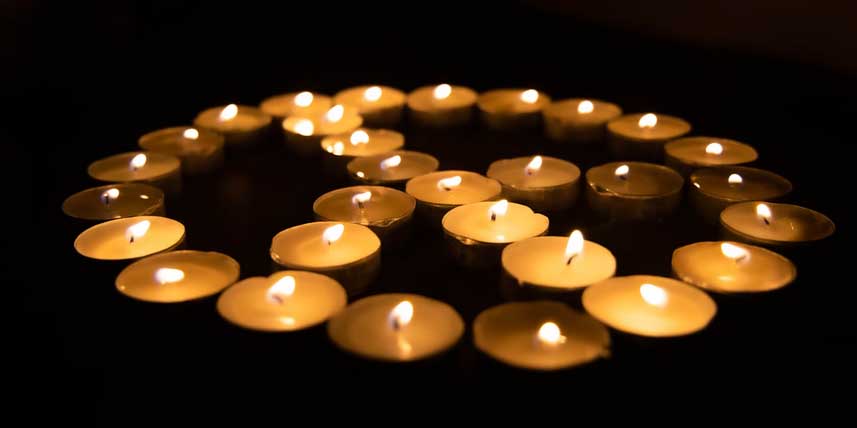Kathy became a client of mine for grief counseling eight months after her son Amory committed suicide. Grief can be unbearable regardless of the reason for death, but dealing with loss following a suicide can be extremely challenging. In addition to dealing with tangled, complex, and frequently overpowering emotions like shame, remorse, self-blame, shock, denial, and rage, those who have lost a loved one to suicide also suffer the same terrible emotions as those who grieve the loss of a family member or friend. All these were observed in funeral homes in Baltimore, MD. The fact that I knew Kathy reminded me that even the most self-aware, brave, and tough among us could struggle to find solace and a way forward when a loved one commits suicide.
Travel for Healing
No matter how painful, moving toward what was lost is necessary for the grieving process. When trauma is present and societal and cultural stigmas are attached to death, such as when a loved one commits suicide, this can be particularly difficult.
Making this inner shift can also be particularly difficult because of the emotional upheaval that frequently follows a loss by suicide. Healing in the context of grief and loss refers to our ability to feel a qualitative or subjective change within ourselves amid pain and suffering, even if that pain and suffering are not entirely removed.
Support is Important
Accepting assistance from others is crucial for suicide loss survivors in reducing feelings of loneliness, accepting the reality of loss, and processing or working through the complexity and anguish of grief.
Support may refer to professional help for grieving. A grief support specialist can assist you in the following ways:
- Working through shock and trauma.
- Learning to cope and stress resilience strategies that work best for you.
- Providing a safe, nonjudgmental space to express uncomfortable or difficult emotions.
- Working through unresolved business and forgiveness issues.
- Coping with the reactions of family and friends.
- Finding a way to move forward.
Acknowledge and Accept Difficult Emotions
It’s crucial to understand that there are no good or bad, correct or incorrect emotions during the mourning process. Instead, all of your feelings indicate that you’re working through the complexity and suffering of sorrow and that self-care is necessary. A grief specialist can assist you in finding and learning the coping mechanisms that are most effective for you if you have trouble recognizing, accepting, or processing challenging feelings. Simple breathing techniques used when grieving waves develop can help you find respite from the physical, mental, and emotional discomfort of the loss. Coping skills don’t have to be difficult to learn or practice.
Finding an enduring connection with the deceased while beginning a new life suggests that healing is in progress or already present when the death of a loved one is anticipated or uncomplicated by the shock and trauma that can follow in the wake of suicide. When a loved one commits suicide, developing that ongoing connection or link might be more complex and longer. But it’s conceivable. Additionally, it can help with recovery. And if your family of looking for a funeral home as a resting place for your deceased family member, look for funeral homes in Baltimore, MD, if it is near you.







